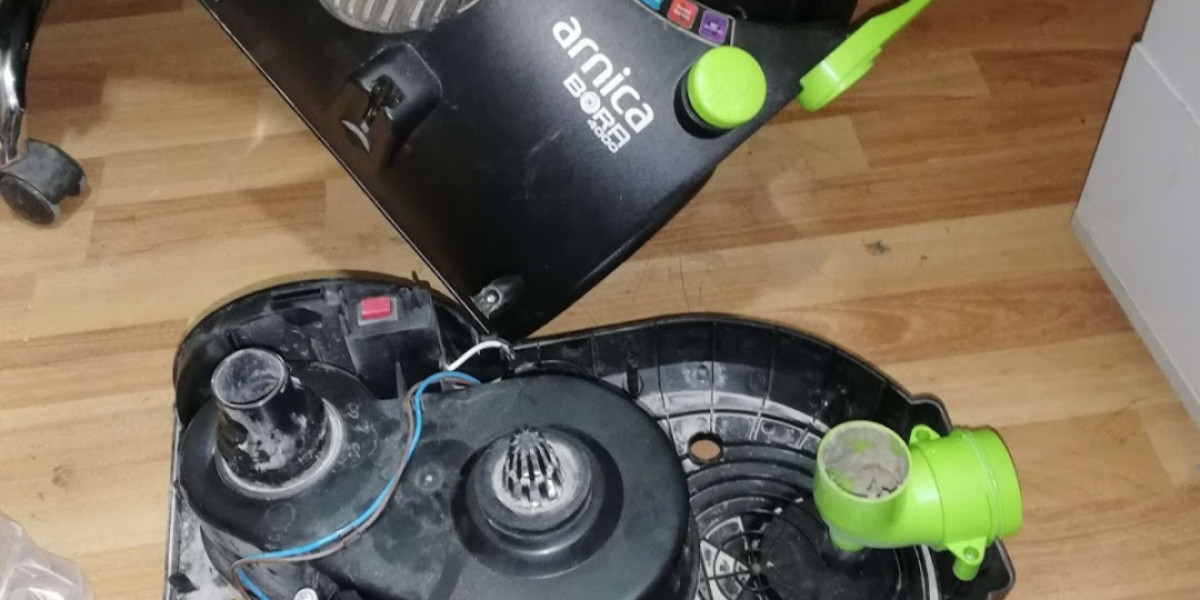In today’s health-conscious world, consumers depend on dietary supplements, medical devices, and pharmaceuticals to enhance their health and wellness. With demand for these products steadily increasing, ensuring their safety and quality is critical. Rigorous testing procedures, including dietary supplement testing, USP 71 sterility testing, and general sterility testing, play an essential role in protecting consumers from harmful contaminants and ensuring compliance with regulatory standards.
What Is Dietary Supplement Testing, and Why Is It Important?
Dietary supplements are widely used to promote benefits like increased energy, immune support, and overall wellness. However, to ensure they deliver on these promises safely, comprehensive testing is required. Dietary supplement testing evaluates these products for harmful contaminants such as bacteria, fungi, and heavy metals, ensuring compliance with standards set by regulatory bodies like the FDA.
Testing includes microbiological analysis to detect pathogens like Salmonella and E. coli that could pose serious health risks. Additionally, potency and purity tests verify that supplements contain the correct amounts of active ingredients without harmful additives. These procedures safeguard consumers from mislabeled or contaminated products. Accredited laboratories, like Microchem Laboratory, provide specialized testing services that include raw ingredient assessments and finished product evaluations. Their FDA registration and ISO 17025 accreditation ensure precise, reliable results that manufacturers can trust to meet safety standards and regulatory compliance.
How Does USP 71 Testing Ensure Product Sterility?
USP 71 sterility testing, defined by the United States Pharmacopeia, is crucial for pharmaceutical and medical device safety. It applies to sterile products such as injectables, surgical instruments, and wound dressings. This test identifies microbial contaminants that could compromise patient safety.
During USP 71 testing, samples are inoculated into growth media like fluid thioglycollate medium (FTM) and soybean-casein digest medium (SCDM). These media support the growth of bacteria, fungi, and other microorganisms. The samples are incubated for up to 14 days, and if no growth is detected, the product is deemed sterile. By adhering to these stringent protocols, manufacturers can ensure their products meet regulatory standards and protect patients from potential infections. Partnering with a lab like Microchem provides confidence in sterility assurance, backed by cleanroom environments and expert analysis.
Why Is Microbial Testing Critical for Dietary Supplements?
Unlike pharmaceuticals and medical devices, dietary supplements are not required to be sterile. However, microbial testing remains critical, particularly for liquid supplements or probiotics. Guidelines like USP 2021 and USP 2022 set specific limits for microbial contamination in non-sterile products.
Testing helps identify contaminants such as yeasts, molds, and bacteria, ensuring products are safe for consumption. Preservative efficacy testing is another essential component, verifying that preservatives effectively prevent microbial growth over time. This testing supports manufacturers in meeting safety standards and maintaining consumer trust.
Why Are Sterility and Microbial Testing Essential for Consumer Safety?
Sterility and microbial testing serve as the foundation of product safety for healthcare items. For pharmaceuticals and medical devices, sterility testing detects harmful microorganisms that could lead to infections or other health complications. Dietary supplement testing, while not focused on sterility, ensures products are free from unsafe levels of contaminants.
For consumers, these tests provide peace of mind, ensuring that the products they use are safe, effective, and compliant with industry regulations. For manufacturers, rigorous testing minimizes risks of product recalls, legal issues, and reputational damage.
How Can Manufacturers Ensure Product Safety and Compliance?
Partnering with an FDA-registered and ISO 17025 accredited laboratory like Microchem Laboratory ensures reliable, comprehensive testing at every stage of production. From raw ingredient verification to final product evaluation, their expert team delivers precise results that meet the highest safety standards. By investing in thorough testing and adhering to evolving regulatory requirements, manufacturers can confidently produce high-quality products that safeguard public health and earn consumer trust.








